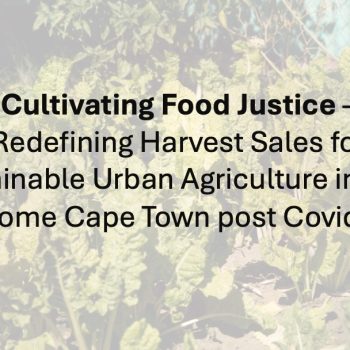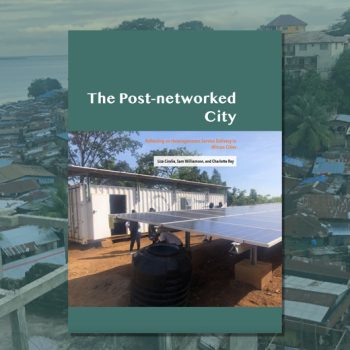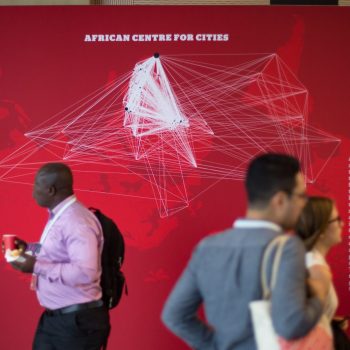WIEGO’s IEMS is a collaborative initiative between researchers and membership-based organizations (MBOs) of home-based workers, street vendors, and waste pickers. These stakeholders are based in ten different cities around the globe: Accra, Nakuru, Durban, Ahmedabad, Pune, Kasar, Bangkok, Belo Horizonte, Bogota and Lima.
The objective of the IEMS is to provide credible, grounded evidence of a range of driving forces, both positive and negative, that affect conditions of work in the informal economy over time. Using two primary data collection techniques—one qualitative, one quantitative—the study examines the impact of these drivers across and within sectors, and also informal workers’ responses to them. In essence, it aims to monitor the state of the urban informal economy.
History of the IEMS
The study builds on previous work analysing the impact of the global economic crisis on the informal economy: when the crisis first hit, the informal economy was claimed to be acting as a safety net for those who lost jobs in the formal economy, yet no empirical evidence gave evidence to the theory. A rapid assessment of the impact of the crisis on the informal economy was identified by Inclusive Cities’ partners as a research priority. Working with these partners, WIEGO co-ordinated an international study in which workers’ realties and concerns were articulated. Over the period of May-July 2009, individual and focus group interviews were conducted with home-based workers, street traders and waste pickers in 10 developing cities. These same participants were contacted a year later in order to assess the extent of livelihood changes.


